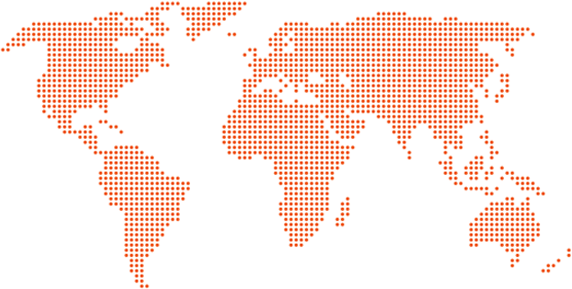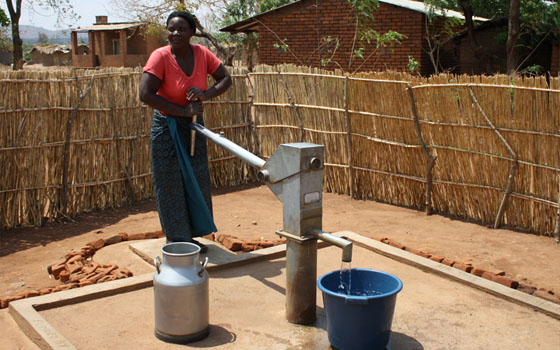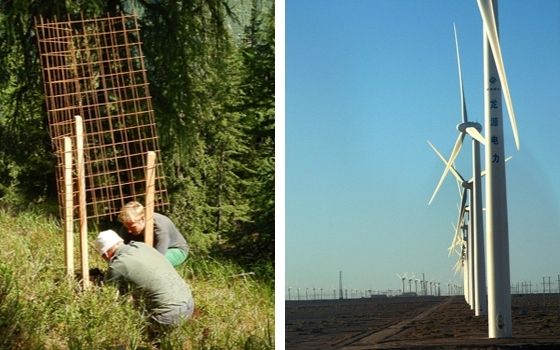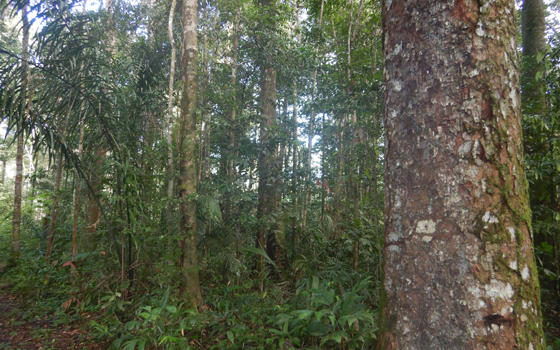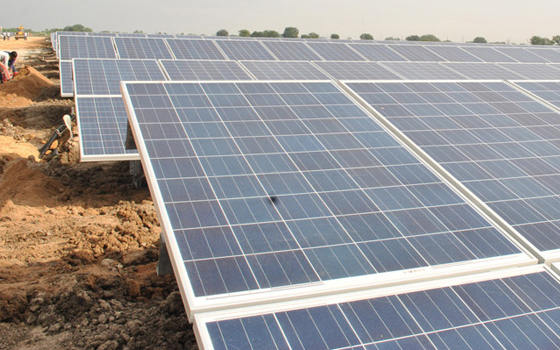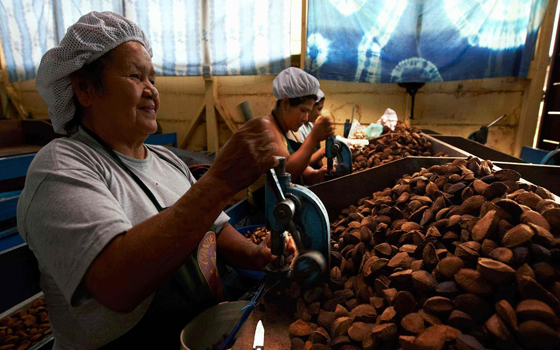Creating a sustainable
tomorrow together
Our current decade is devoted to a clearly defined mission: making Gebrüder Weiss climate-neutral by 2030. We are working hard towards this goal at all of our locations and, thanks to significant investments, will continue to lower our annual CO2 output. And because climate protection is an issue that affects us all, we are inviting our customers to join in. Our zero emissions program offers you the opportunity to fully offset the CO2 emissions generated by your shipments – by supporting a certified climate-protection project.
CO2-neutral shipments
zero emissions
at a glance
- We calculate the CO2 emissions generated by your shipment. The costs of these emissions are detailed on your invoice.
- We invest this sum in a certified climate-protection project and handle the relevant processes for you.
- You receive a certificate from us that shows your contribution and confirms that the emissions have been offset in full.
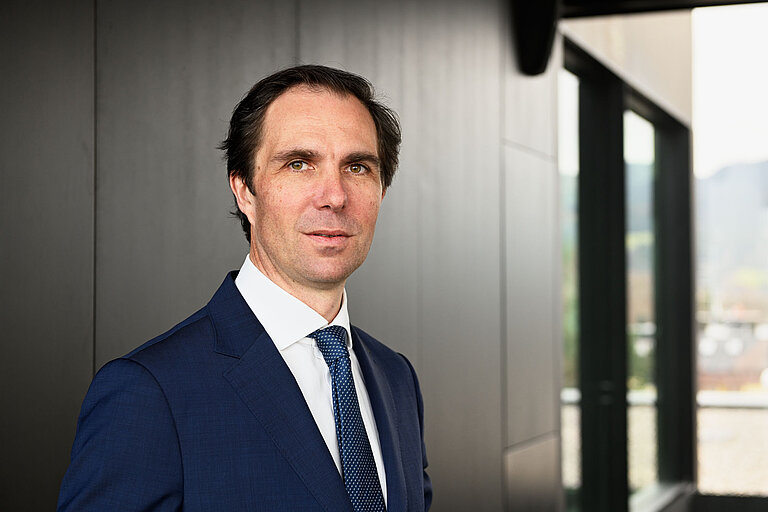
"With zero emissions, we support our customers en route to climate neutrality and a balanced life-cycle assessment."
Wolfram Senger-Weiss, CEO
Carbon offset
What link is there between transport
and climate-protection projects?
Despite efforts on all sides, CO2 is still generated during most transport operations. That said, climate-protection projects can compensate for these emissions, e.g. by reforesting woodlands and increasing the use of renewable energies. Independent organizations monitor the emissions generated and calculate the countervailing measures required to offset them. Under the Gebrüder Weiss zero emissions program, these steps are performed promptly and precisely.
Method
How are the emission
levels calculated?
First of all, the greenhouse gas emissions generated by a particular process, company or service, etc. are measured (carbon footprint). In the next step, compensation is effected via certificates (and emission reduction credits), through which the volume of emissions is balanced out by way of climate-protection projects.
EcoTransIT is used to compute the volume of CO2 emissions, with the Transport Management System (TMS) at Gebrüder Weiss providing the data basis. This methodology factors in all legs of a transport process as well as the specific transport modes deployed.
The formula used by EcoTransIT to calculate emissions is consistent with the European standard DIN EN 16258 and the GLEC Framework.
Example: Transport of a pallet from A / Austria to B / Hungary
Given an assumed price of 15 euros per metric ton of CO2, and CO2 emissions between A and B of 0.04296 metric tons, the shipment is fully compensated by 65 eurocents (15 euros x 0.04296 metric tons/ CO2). Gebrüder Weiss invests the 65 eurocents from the customer in a certified climate-protection project, thereby completely offsetting the emissions.
Projects
You can support these
climate-protection projects.
- Energy projects designed to avoid the emission of climate-relevant gases
- Energy-efficiency projects that generate lower CO2 emissions than would normally result from fossil fuels
- Projects that reduce or absorb CO2
- Projects that cut emissions caused by deforestation and damage to woodlands
By way of illustration, we have selected a sampling of climate-protection projects in conjunction with our partner NatureOffice:
Further information about zero emissions and the climate protection projects can be found in our brochure.


